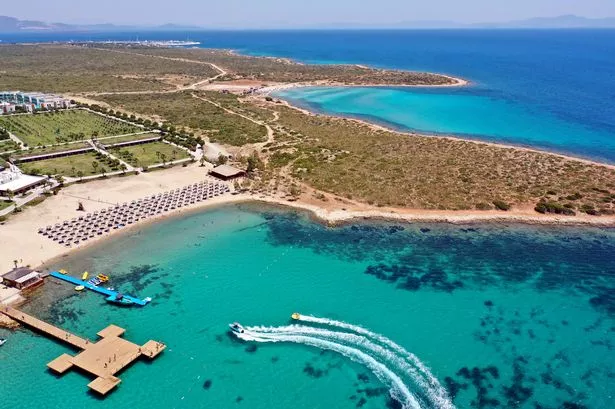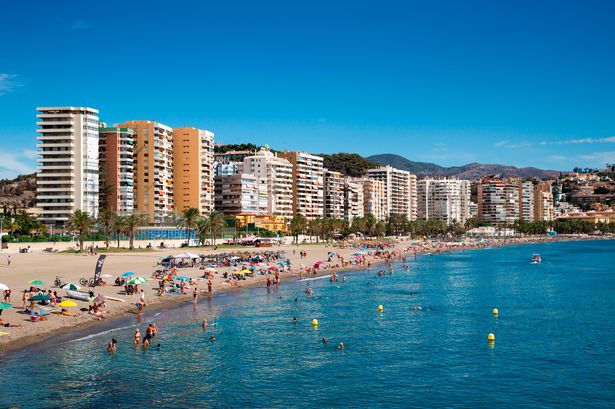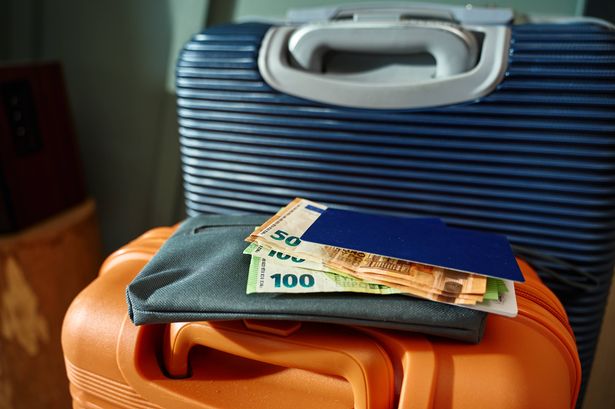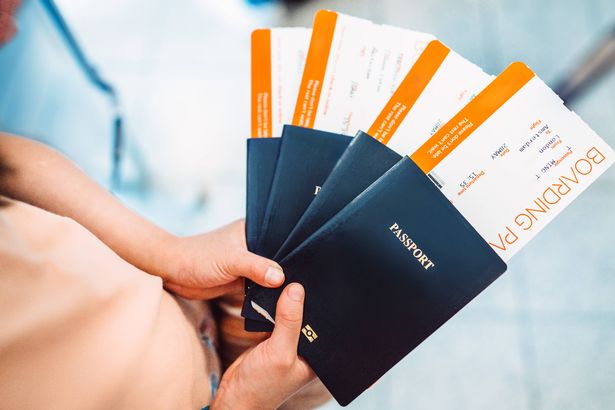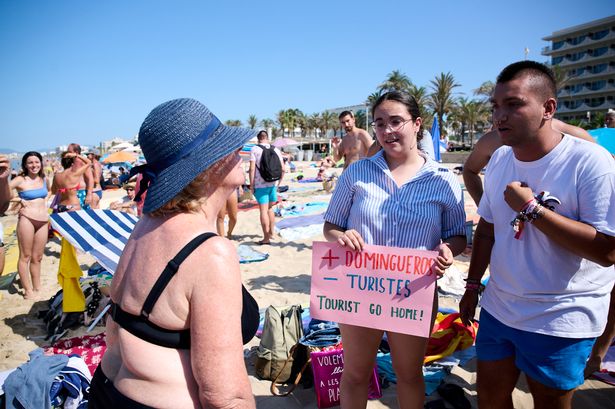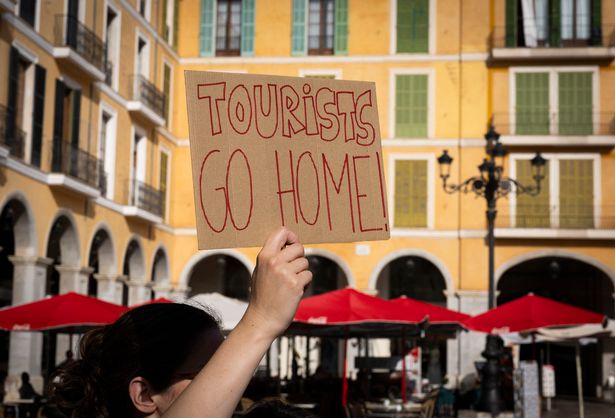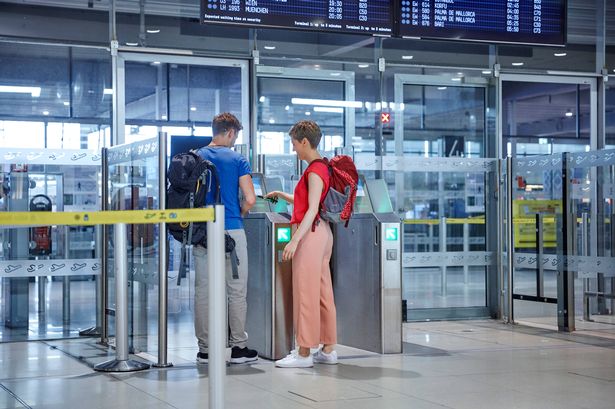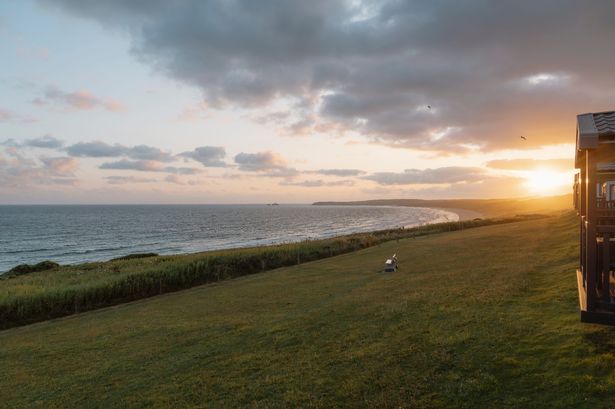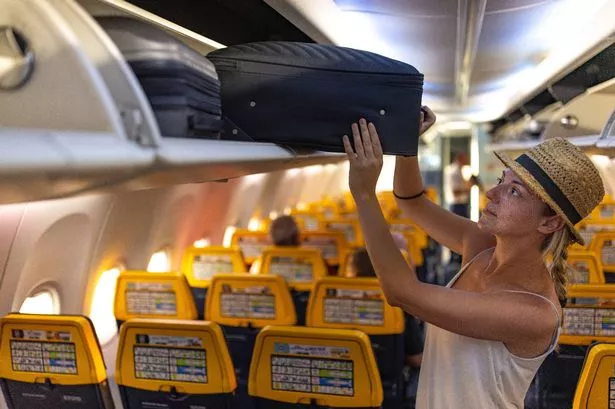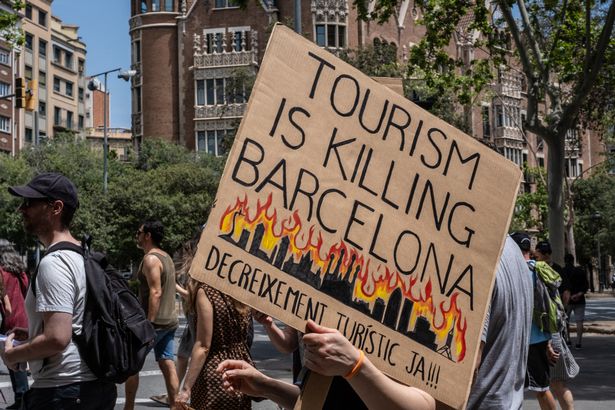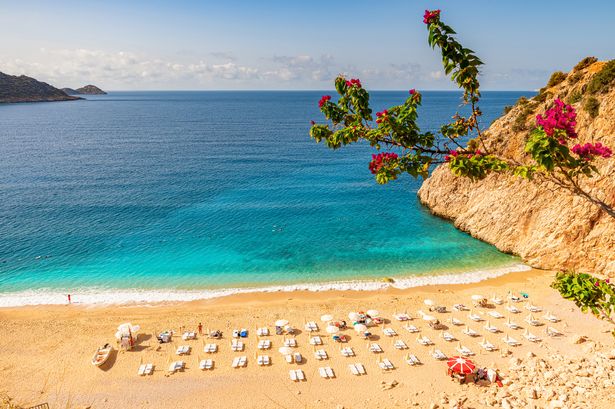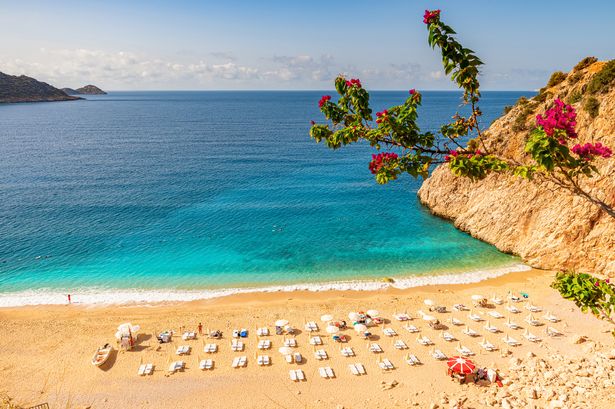Greece has introduced a new cruise tax which will see people charged depending on the season and port on the European Union holiday hotspot, MSC Cruises has warned
British holidaymakers now face a €20 (£17.35) levy the moment they set foot in Greece following the introduction of fresh regulations in the popular European Union destination. A new cruise tax has been rolled out, meaning passengers will be hit with varying disembarkation charges depending on which Greek island port they visit and the time of year.
From July 21, 2025, island-hopping by cruise ship became considerably pricier for all travellers. Between June 1 and September 30, visitors will be stung with a €20 fee when stepping off at Mykonos and Santorini ports. All other Greek ports will impose a €5 (£4.34) charge during this peak period.
READ MORE: Brits claim Benidorm is ‘too posh’ as ‘German Magaluf’ is the new holiday hotspot
The levy reduces during the shoulder months of October and from April 1 to May 31, dropping to €12 (£10.41) for Mykonos and Santorini whilst other ports charge €3 (£2.60).
Throughout the winter period from November 1 to March 31, the fee falls to just €4 (£3.47) for the two popular islands and €1 (87p) for remaining ports. The charge applies to each passenger at every port where they step ashore.
MSC Cruises has already notified customers via email that the additional cost will be passed directly onto guests. The cruise operator explained in correspondence: “This tax, similar to those already in force for hotels and other types of accommodation facilities, is designed to support local infrastructure, promote sustainable tourism, and improve the visitor experience.”
“For your convenience, MSC Cruises will prepay this tax for you directly to the Greek authorities. We will simply add the tax to your onboard account the night before each call in a Greek port.”
READ MORE: Little known cheap holiday spot dubbed the ‘new Magaluf’ as £2 pints a hit with Brits
They explained: “MSC does not determine or control this expense, which is established and imposed by the Greek authorities and applied to all cruise companies operating in Greece.” The message also noted that passengers who remain aboard will have the fee automatically waived.
The new travel permit is to strengthen security and the borders of the Schengen zone, reports Birmingham Live. The €20 doesn’t apply only to Greece, but also other popular holiday destinations, such as Spain and France, will be affected.
This also follows news from EU’s Directorate-General for Migration and Home Affairs revealing that European Travel Information and Authorisation System (ETIAS) were going to be introduced in the final quarter of 2026. As previously reported by the Mirror, ETIAS will not be mandatory until 2027.
Brits might want to do some research before they head off to a sunny-drenched destination, as they might be stung with a fee. The bigger the family, the more expensive it will become!


